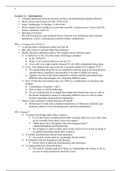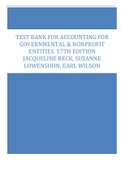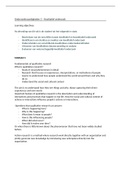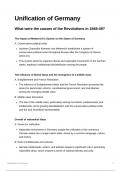College aantekeningen
College aantekeningen Comparative Analysis of Political Systems (6442HCA)
Dit zijn mijn complete aantekeningen van alle colleges van Comparative Analysis of Political Systems gegeven in het tweede jaar van IRO. Als er iets staat over het tentamen heeft dit betrekking tot het tentamen in oktober 2020.
[Meer zien]









